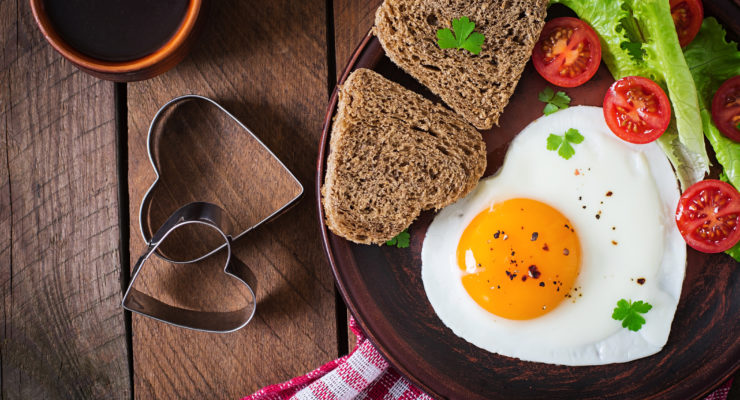How much you sleep can be just as important to you reaching your weight loss goal as how much you eat. When dealing with sleep deprivation, a cascade of reactions in your body is triggered that can interfere with everything you do to help you lose excess weight while you’re awake.
We’ll explain how in a moment, but let’s start with this fact: About 35 percent of U.S. adults are not getting the recommended minimum of seven hours of sleep each night, according to a study by the Centers of Disease Control. Stress is a common cause of sleep loss, but lifestyle habits such as watching television or scrolling through social media while in bed, late-night eating and inconsistent bedtimes and waking hours have also been linked to reduced sleeping time. The more you can do to sleep a consistent seven or more hours per day, the stronger your likelihood of weight loss success.
Here’s five ways sleep deprivation is slowing your weight loss:
1. Your hunger spikes.

When you’re constantly tired, your body’s levels of two appetite-regulating hormones, ghrelin and leptin, are changed, leaving you feeling hungry even when you’ve had enough food. “These differences in leptin and ghrelin are likely to increase appetite,” say research published in PLOS Medicine.
2. You’re more likely to choose fattening foods.

Sleep-deprived people are more likely to eat snacks high in carbohydrates, according to a study published in the American Journal of Clinical Nutrition. People who sleep less than the recommended seven hours each night “ate more calories and fat in snacks—nearly 1,000 calories and twice the fat—in the early evening compared to only 600 calories in snacks when they had a full night’s sleep,” conclude researchers at the University of Chicago.
3. Your body burns less fat.

Even when your body is burning off excess calories, lack of sleep changes the types of calories that you lose. Researchers reporting their findings in the Annals of Internal Medicine observed that subjects who don’t get enough sleep burn less fat—as much as 55 percent less—while their calorie consumption and overall diet may remain the same.
4. You exercise less.

While no studies have clearly documented it, common sense and practical experience suggest that when you are dealing with sleep deprivation, you have less energy to get through your day and you feel too fatigued to get in the daily exercise you need to keep burning calories. Physical activity, such as walking, helps your body burn calories and turns flab into muscle. If you’re too tired to be active, you miss out on the valuable weight-loss benefits you get from it.
5. Your risk of obesity and diabetes goes up.

People who don’t sleep enough are more likely to suffer from obesity and type 2 diabetes, says a report in the Journal of Applied Physiology.
What can you do to be sure you are getting enough shut-eye every night? The CDC recommends that you set and maintain a regular sleep schedule as best you can, even on weekends and vacations. Make sure your bedroom is quiet, dark and free of distractions. Avoid eating less than an hour before bedtime. Get a little exercise in during the day, even when you’re feeling fatigued. Being physically tired will help you sleep more soundly at night. If you suffer from sleep apnea or any disorder that keeps you from deep sleep, be sure to discuss it with your physician. And, last but not least, follow your Nutrisystem weight loss plan so you can sleep easy knowing you’re doing all you can to be healthy.
The post 5 Ways Sleep Deprivation Is Affecting Your Weight appeared first on The Leaf.



Comments
Post a Comment